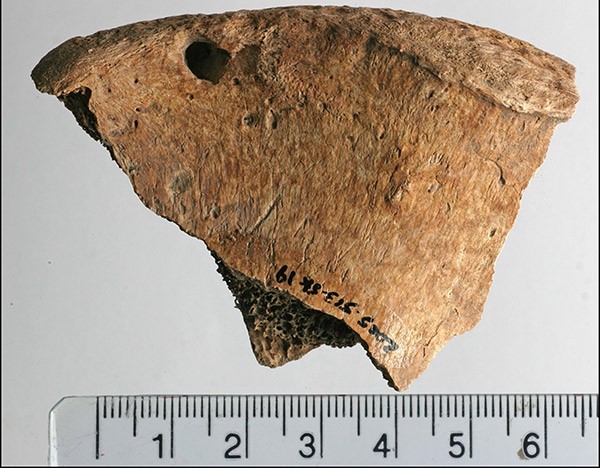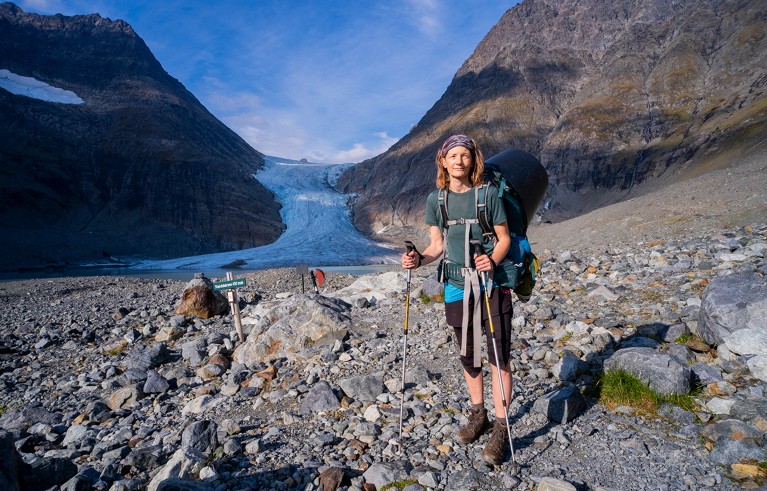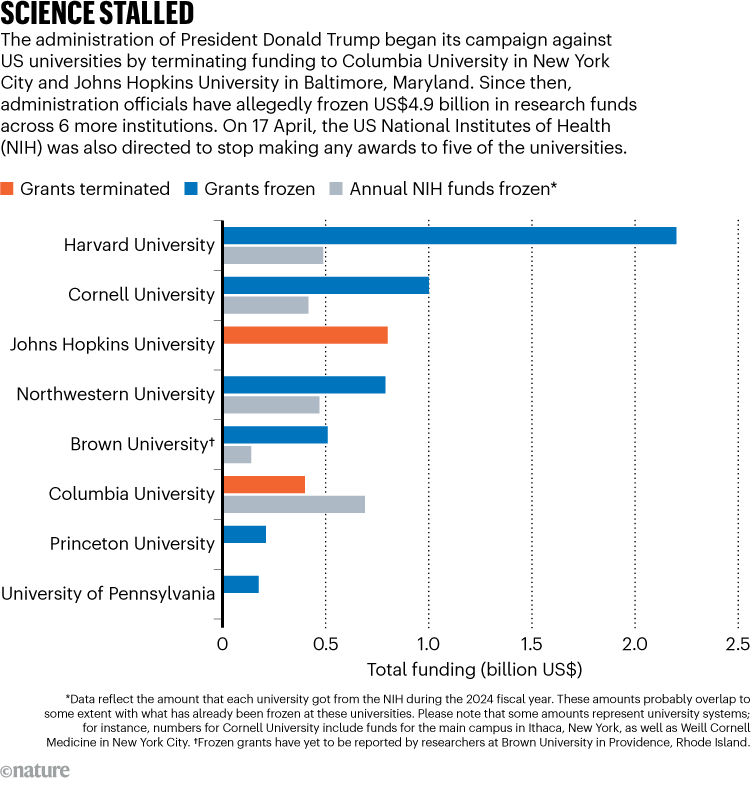You have got full entry to this text by way of your establishment.
Hi there Nature readers, would you wish to get this Briefing in your inbox free day by day? Enroll right here.

Chunk marks on the skeleton’s pelvis (high left) may counsel {that a} lion dragged the combatant away by his hip after being incapacitated, researchers counsel.
Chunk marks discovered on a skeleton might be the primary bodily proof that people fought lions within the Roman empire. The younger man’s skeleton — excavated from a UK cemetery the place gladiators may need been buried — had puncture marks on the pelvis. Working with London Zoo, researchers in contrast the impressions with chunk marks on horse bones made by huge cats akin to cheetahs, lions and tigers and located a match with lion bites. The invention “[reshapes] our notion of Roman leisure tradition within the area”, says anthropologist and examine co-author Tim Thompson.
Science sleuths have recognized lots of of instances wherein synthetic intelligence (AI) instruments appear to have been used within the preparation of scientific papers with out disclosure. In a preprint evaluation of 500 such papers, 13% of them appeared in journals belonging to massive publishers, akin to Elsevier, Springer Nature and MDPI. In some instances, the papers have been silently corrected — the hallmark AI phrases eliminated with out acknowledgement. This kind of quiet change is a possible menace to scientific integrity, say some researchers.
Reference: arXiv preprint (not peer reviewed)
Nature’s information workforce, together with this text, is editorially unbiased of its writer, Springer Nature.
Options & opinion
When attempting to diagnose a uncommon illness, clinicians typically sequence a pre-determined set of genes to attempt to discover a disease-causing variant. This will stretch to an individual’s complete exome — all of their protein-coding genes. However the exome solely makes up 1.5% of our genome. Entire-genome sequencing (WGS) can fill in the remaining, capturing variants that may affect how genes are expressed. As WGS turns into cheaper and researchers develop instruments that assist analyse the information, many geneticists are calling for it to be provided a lot earlier within the diagnostic course of for uncommon ailments.
This editorially unbiased article is a part of Nature Outlook: Medical diagnostics, a complement produced with monetary help from Seegene.
The place I work

Jemma Wadham is a geoscientist at UiT The Arctic College of Norway in Tromsø, Norway.Credit score: Jacopo Pasotti for Nature
Geoscientist Jemma Wadham research the ever-changing glaciers of the Arctic, analysing their soften water for helpful or poisonous chemical substances and exploring the methane-producing microorganisms beneath them. “I see myself as a glacier-forensics professional, uncovering what has occurred beneath the glacier, like investigating against the law,” she says. “Finally, we hope that our analysis in Norway will contribute to scientists’ understanding of how glaciers have an effect on carbon biking and marine life in different world settings, such because the Canadian Arctic and Patagonia in South America.” (Nature | 3 min learn)
On Friday, Leif Penguinson was celebrating World Penguin Day with a visit to the Chola Go in Nepal. Did you discover the penguin? Once you’re prepared, right here’s the reply.
This article is all the time evolving — inform us what you suppose! Please ship your suggestions to briefing@nature.com.
Thanks for studying,
Jacob Smith, affiliate editor, Nature Briefing
Need extra? Signal as much as our different free Nature Briefing newsletters:
• Nature Briefing: Careers — insights, recommendation and award-winning journalism that will help you optimize your working life
• Nature Briefing: Microbiology — probably the most ample dwelling entities on our planet — microorganisms — and the position they play in well being, the atmosphere and meals techniques
• Nature Briefing: Anthropocene — local weather change, biodiversity, sustainability and geoengineering
• Nature Briefing: AI & Robotics — 100% written by people, after all
• Nature Briefing: Most cancers — a weekly publication written with most cancers researchers in thoughts
• Nature Briefing: Translational Analysis — covers biotechnology, drug discovery and pharma
